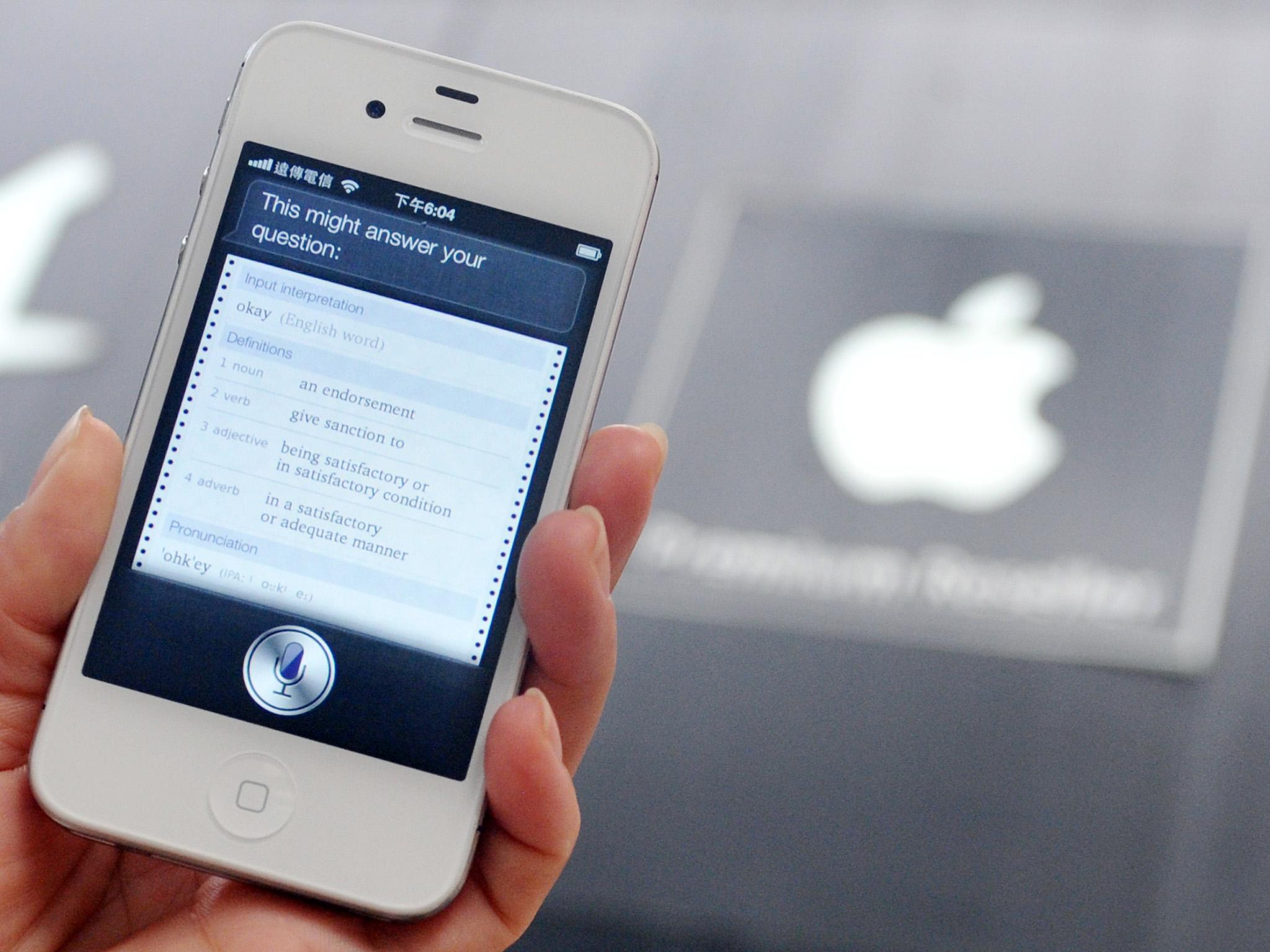Well done to the app that allows people to report crime anonymously – the first arrest was a homeless man
Technology can help us connect to people and viewpoints we’d never otherwise experience: instead we are using it as a way of avoiding awkward but straightforward conversations

If you’re momentarily inconvenienced by a homeless person and are so furious you’d like to see them behind bars, there’s an app for that. The Metropolitan Police Department of St Louis have launched a smartphone app that encourages people to report a crime anonymously. The first arrest, police chief Sam Dotson tweeted, “after an anonymous tip for panhandling”. What a tremendous win for justice and technology: combining forces to fight crime by throwing desperate, poor people into jail.
Meanwhile, at several hospitals in Wales, a PA system has been installed that plays the bilingual voices of school children upbraiding smokers when red buttons are pressed anonymously. I spend a lot of time at hospitals, and you’ll usually see one or two tired-looking patients and visitors drawing on cigarettes near the entrance. Hospitals are often grim places: being stuck on a ward is excruciatingly boring, especially when you’re too ill to follow the plot of a book, and struggling to sleep through the guttural cries of people writhing in agony in adjacent beds. Smoking isn’t good for you, everyone knows this, but weighing up whether you can temporarily feel a little better when you are stressed and exhausted often means you’ll plump for a cigarette at your lowest point. For visitors too, putting on a brave face and going through the emotional labour necessary during visiting hours – your visits are for the patient’s feelings, not yours – having a cigarette on leaving the hospital is a release and gives you a moment to reassemble yourself before returning to life.
What you don’t need is a pre-recorded child’s voice barking at you, because a stranger has taken offence at your nicotine habit but isn’t brave enough to tell you. It seems baffling that someone would gladly press a button to upbraid anyone, anywhere, let alone at a place where the news you receive about your own health, or that of your loved ones, is rarely good. It speaks of a disconnection from basic humanity, and one that technology encourages.
Both make it easier to make complete strangers’ lives harder and absolve people of having to show a little empathy. Rather than consider the chain of circumstances that led to someone asking a passersby for a spare dollar, or accepting that the smoker outside the hospital may be happy to move if asked, people can now tap on their phone or press a button and have the object of their annoyance hassled by police or barked at by a disembodied child’s voice.
Both offer solutions for problems that simply aren’t problems: crimes can be reported over the phone, and an app that allows you to report anonymously increases the risk of grudge reporting and vindictive use. It’s not a stretch to imagine the app swiftly being used as a harassment tool, especially given the US police force’s history of racist violence. And if anyone is smoking in an undesignated space, they're sure to move if asked. Those who won’t, and grow aggressive, are unlikely to be terrified into submission by a pre-recorded plaintive telling-off from a local school child.
Technology can help us connect to people and viewpoints we’d never otherwise experience: using it as a way of avoiding awkward but straightforward conversations that are part of everyday life just increases our isolation and disconnection from each other. Even if you can press a button to make a sick person feel unhappy, or summon a police officer to handcuff a beggar, you shouldn’t: you’re both human and should treat each other as such.






Join our commenting forum
Join thought-provoking conversations, follow other Independent readers and see their replies